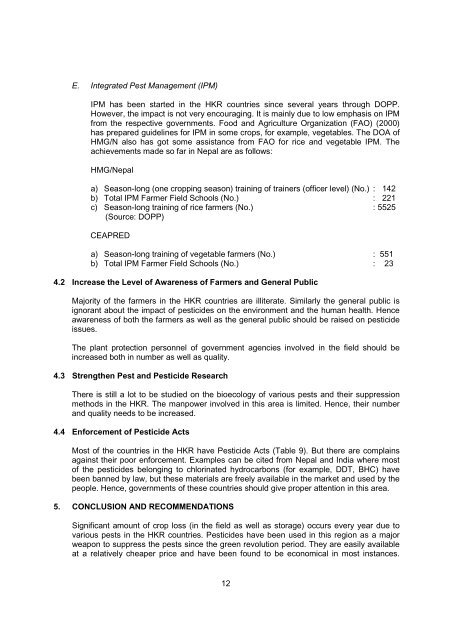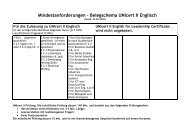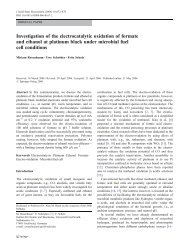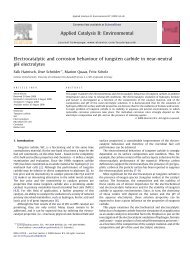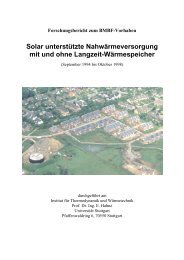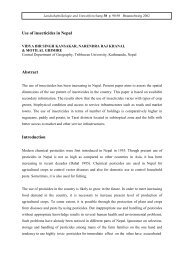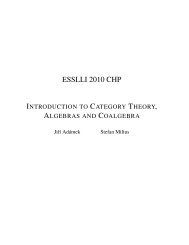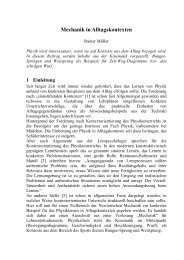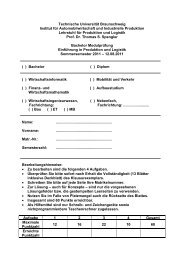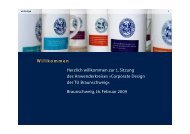Synopsis of Use and Economic Value of Pesticides and Chances for ...
Synopsis of Use and Economic Value of Pesticides and Chances for ...
Synopsis of Use and Economic Value of Pesticides and Chances for ...
You also want an ePaper? Increase the reach of your titles
YUMPU automatically turns print PDFs into web optimized ePapers that Google loves.
E. Integrated Pest Management (IPM)<br />
IPM has been started in the HKR countries since several years through DOPP.<br />
However, the impact is not very encouraging. It is mainly due to low emphasis on IPM<br />
from the respective governments. Food <strong>and</strong> Agriculture Organization (FAO) (2000)<br />
has prepared guidelines <strong>for</strong> IPM in some crops, <strong>for</strong> example, vegetables. The DOA <strong>of</strong><br />
HMG/N also has got some assistance from FAO <strong>for</strong> rice <strong>and</strong> vegetable IPM. The<br />
achievements made so far in Nepal are as follows:<br />
HMG/Nepal<br />
a) Season-long (one cropping season) training <strong>of</strong> trainers (<strong>of</strong>ficer level) (No.) : 142<br />
b) Total IPM Farmer Field Schools (No.) : 221<br />
c) Season-long training <strong>of</strong> rice farmers (No.) : 5525<br />
(Source: DOPP)<br />
CEAPRED<br />
a) Season-long training <strong>of</strong> vegetable farmers (No.) : 551<br />
b) Total IPM Farmer Field Schools (No.) : 23<br />
4.2 Increase the Level <strong>of</strong> Awareness <strong>of</strong> Farmers <strong>and</strong> General Public<br />
Majority <strong>of</strong> the farmers in the HKR countries are illiterate. Similarly the general public is<br />
ignorant about the impact <strong>of</strong> pesticides on the environment <strong>and</strong> the human health. Hence<br />
awareness <strong>of</strong> both the farmers as well as the general public should be raised on pesticide<br />
issues.<br />
The plant protection personnel <strong>of</strong> government agencies involved in the field should be<br />
increased both in number as well as quality.<br />
4.3 Strengthen Pest <strong>and</strong> Pesticide Research<br />
There is still a lot to be studied on the bioecology <strong>of</strong> various pests <strong>and</strong> their suppression<br />
methods in the HKR. The manpower involved in this area is limited. Hence, their number<br />
<strong>and</strong> quality needs to be increased.<br />
4.4 En<strong>for</strong>cement <strong>of</strong> Pesticide Acts<br />
Most <strong>of</strong> the countries in the HKR have Pesticide Acts (Table 9). But there are complains<br />
against their poor en<strong>for</strong>cement. Examples can be cited from Nepal <strong>and</strong> India where most<br />
<strong>of</strong> the pesticides belonging to chlorinated hydrocarbons (<strong>for</strong> example, DDT, BHC) have<br />
been banned by law, but these materials are freely available in the market <strong>and</strong> used by the<br />
people. Hence, governments <strong>of</strong> these countries should give proper attention in this area.<br />
5. CONCLUSION AND RECOMMENDATIONS<br />
Significant amount <strong>of</strong> crop loss (in the field as well as storage) occurs every year due to<br />
various pests in the HKR countries. <strong>Pesticides</strong> have been used in this region as a major<br />
weapon to suppress the pests since the green revolution period. They are easily available<br />
at a relatively cheaper price <strong>and</strong> have been found to be economical in most instances.<br />
12


